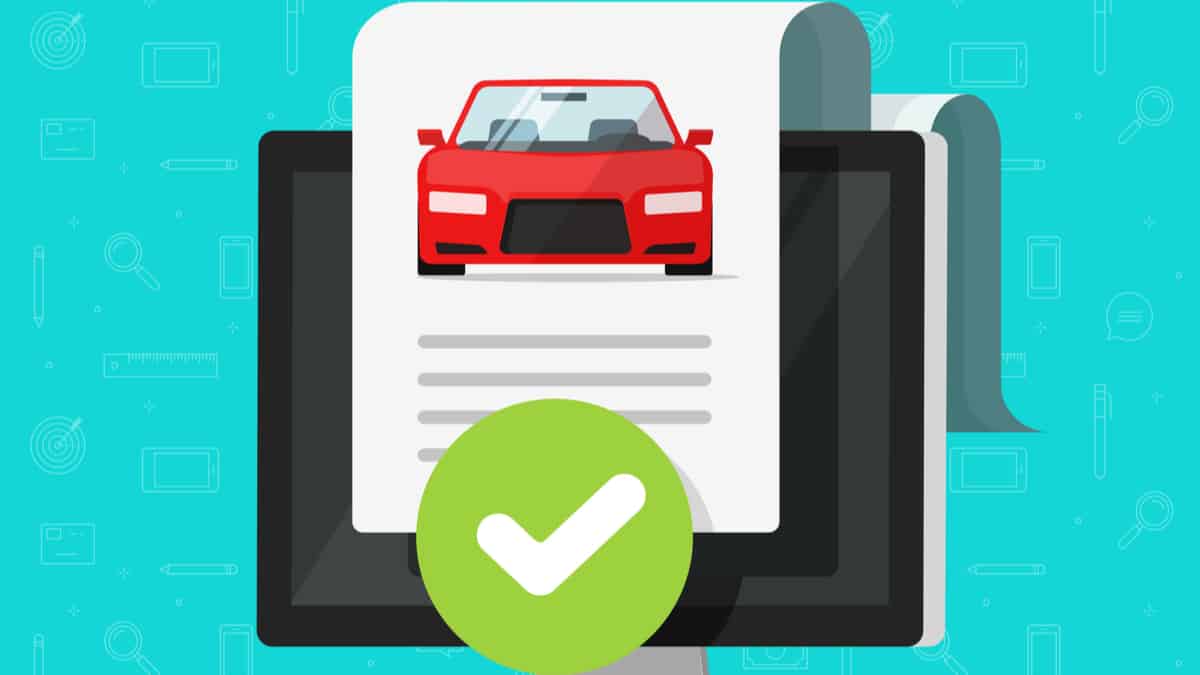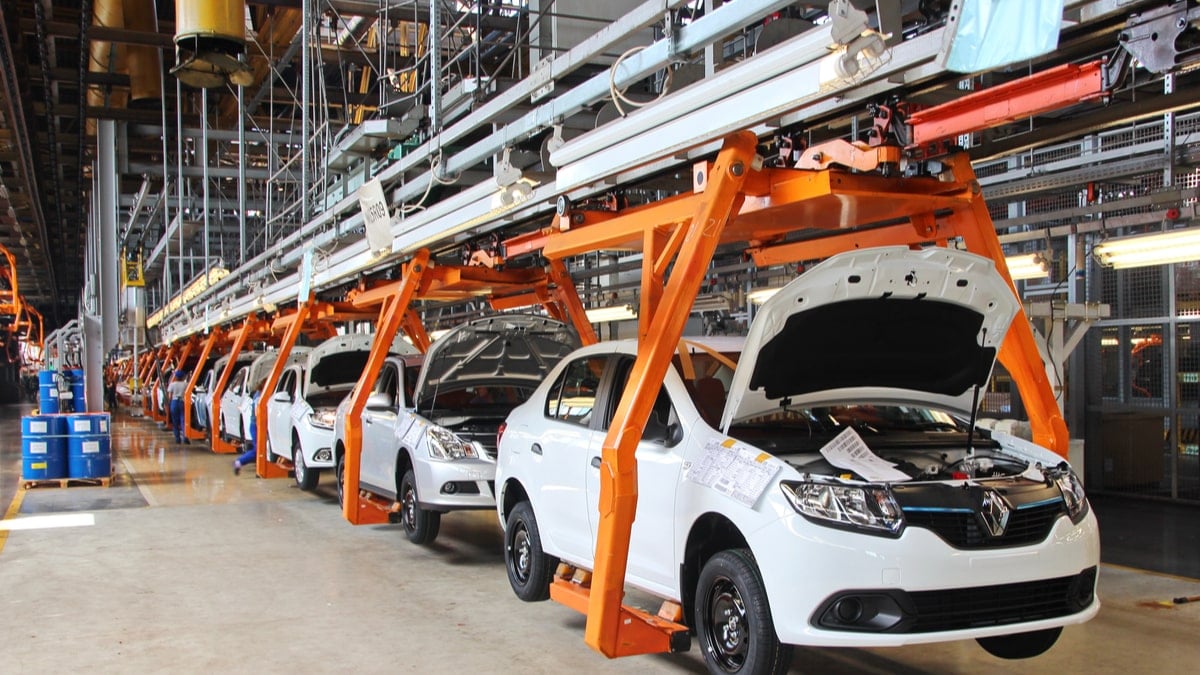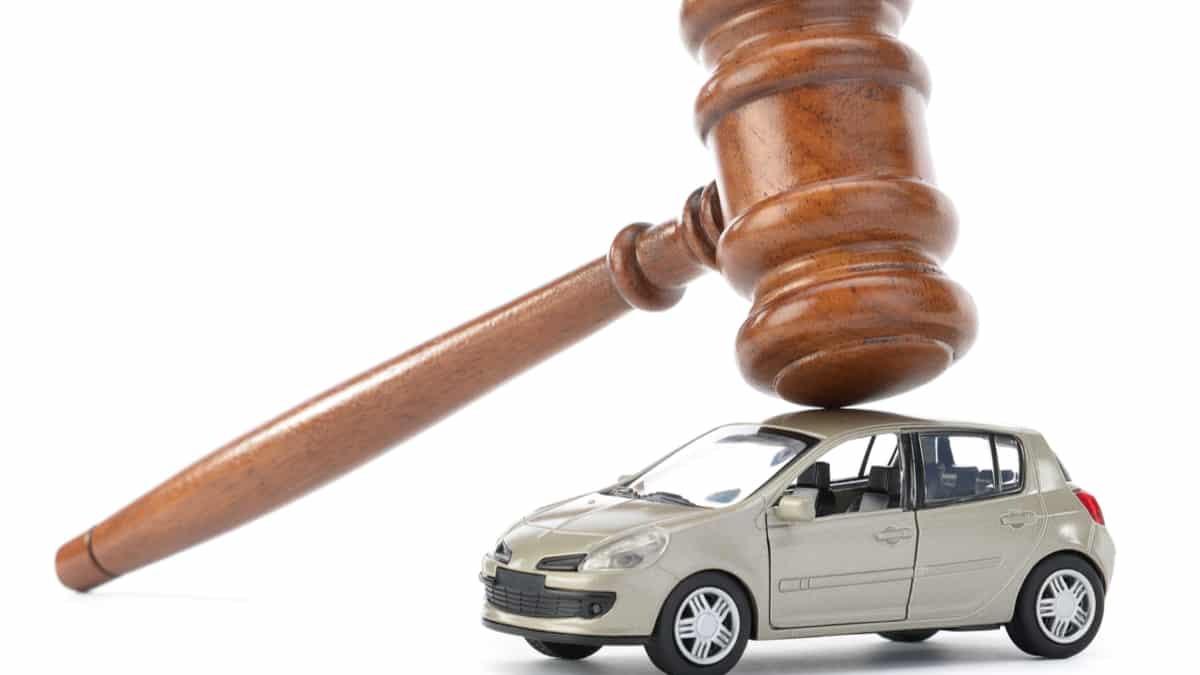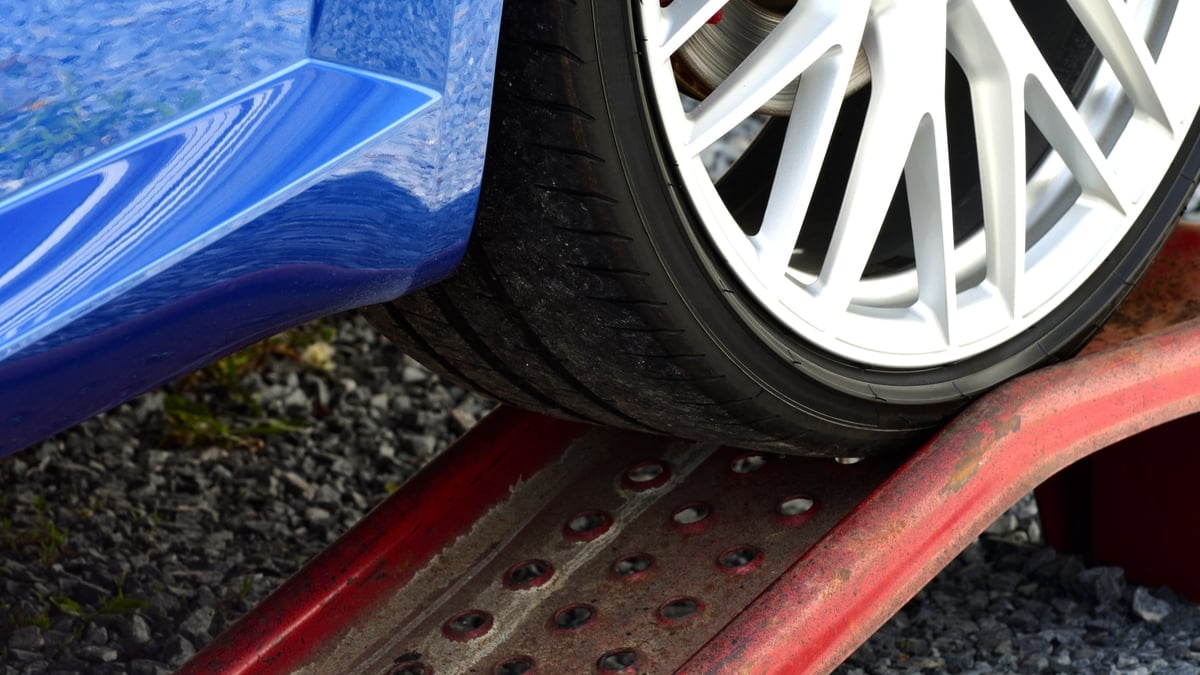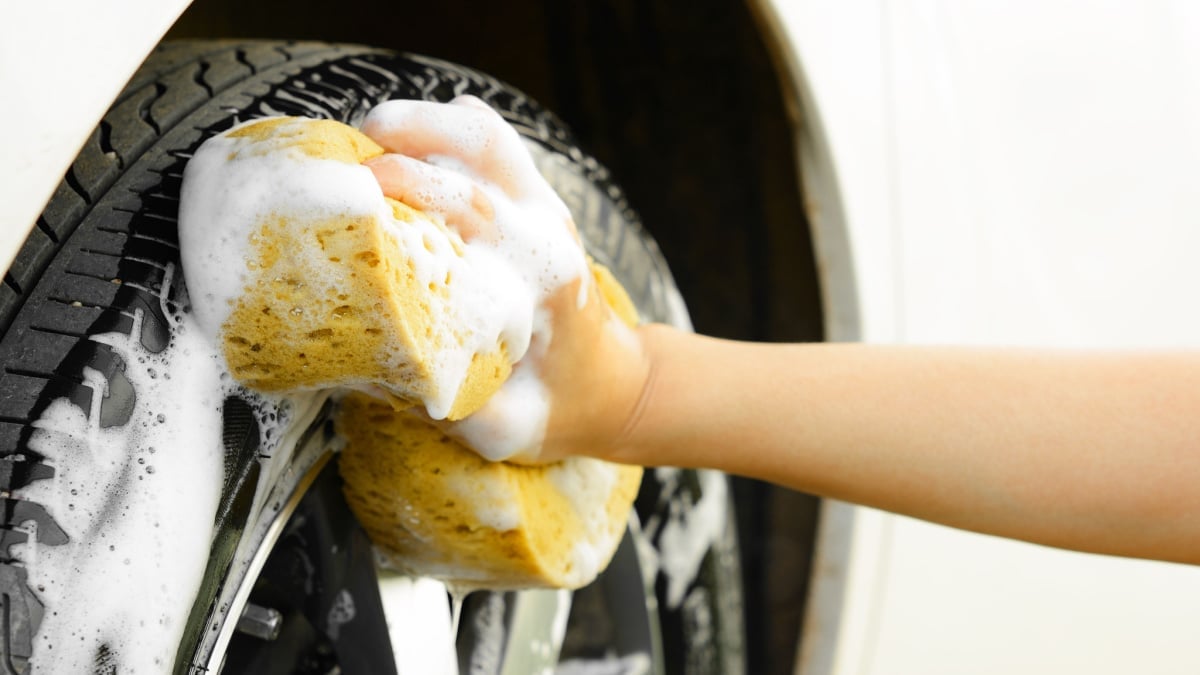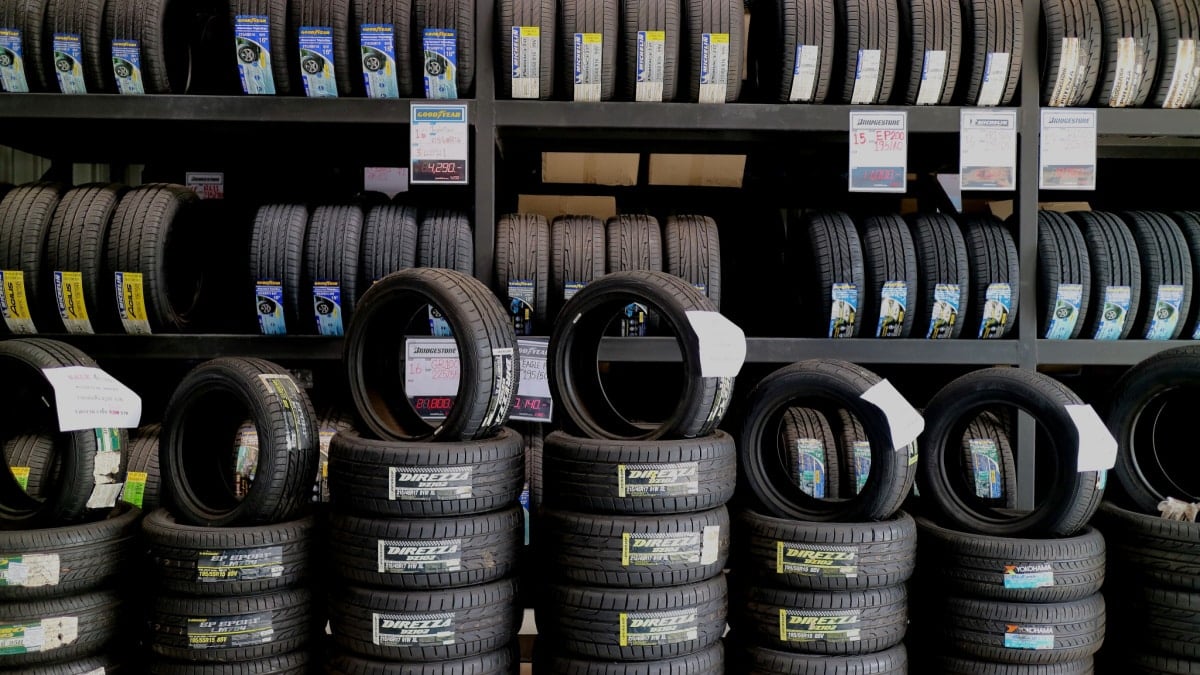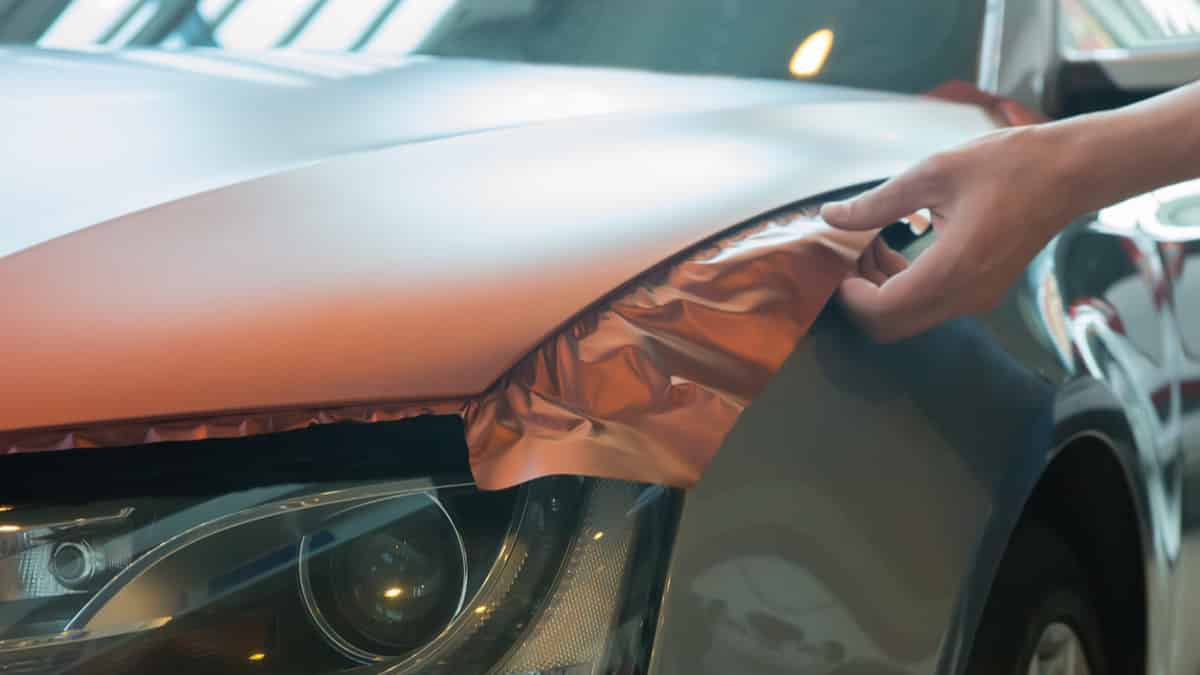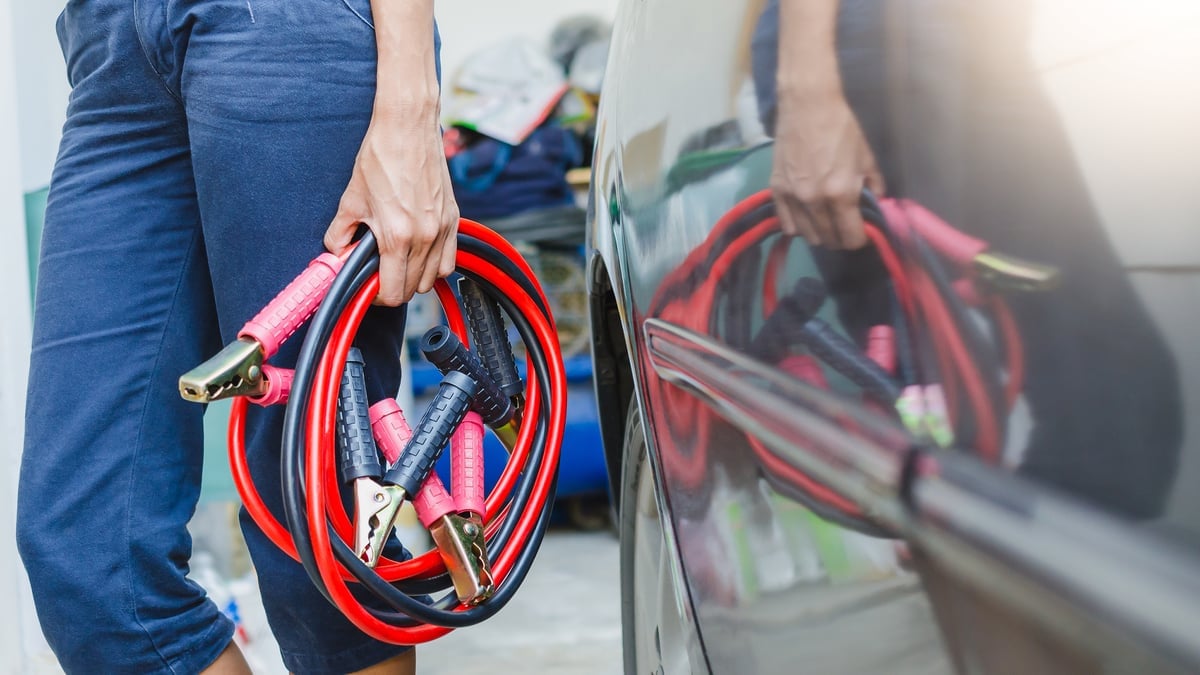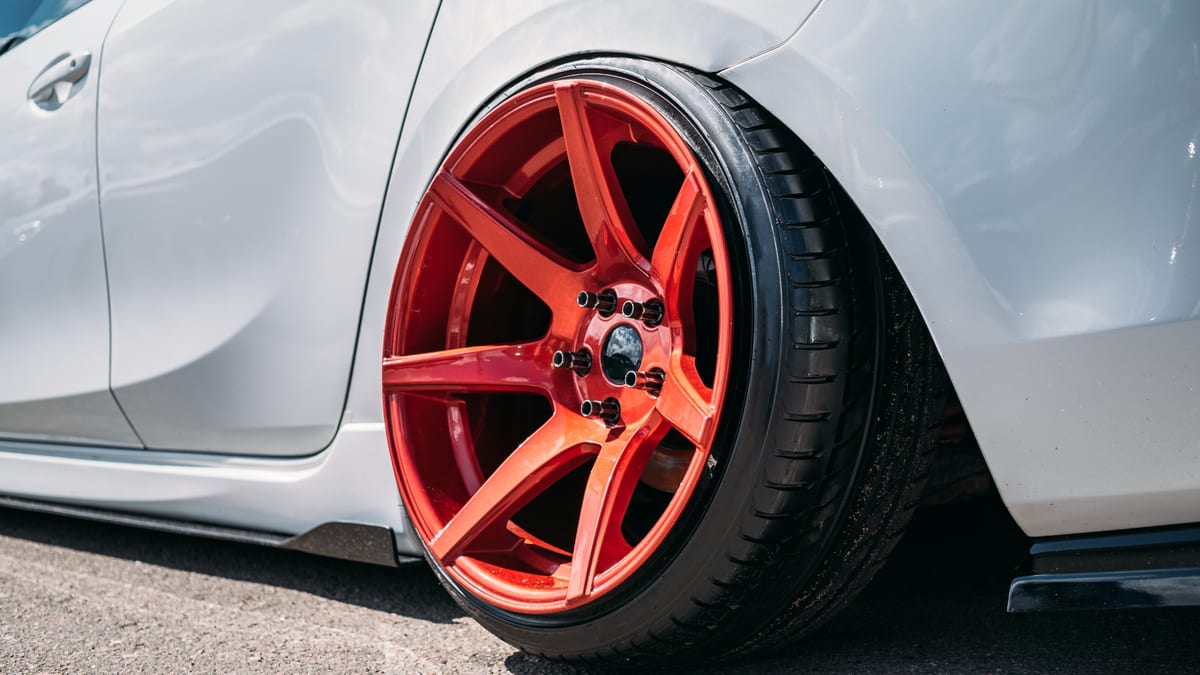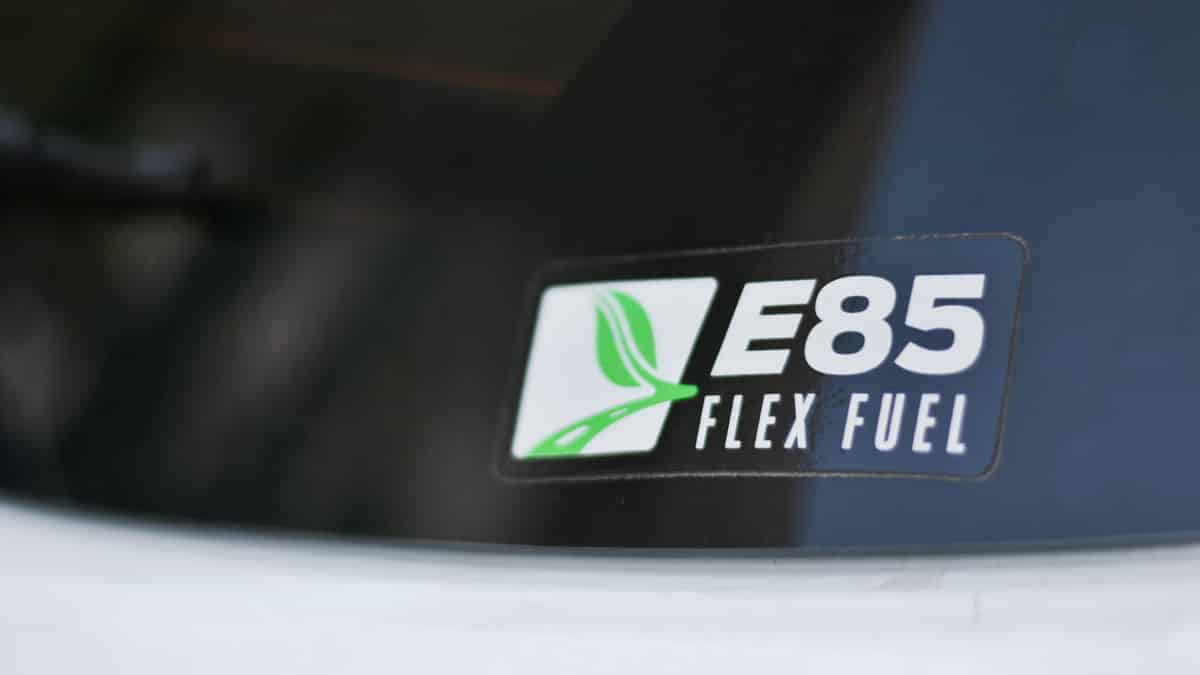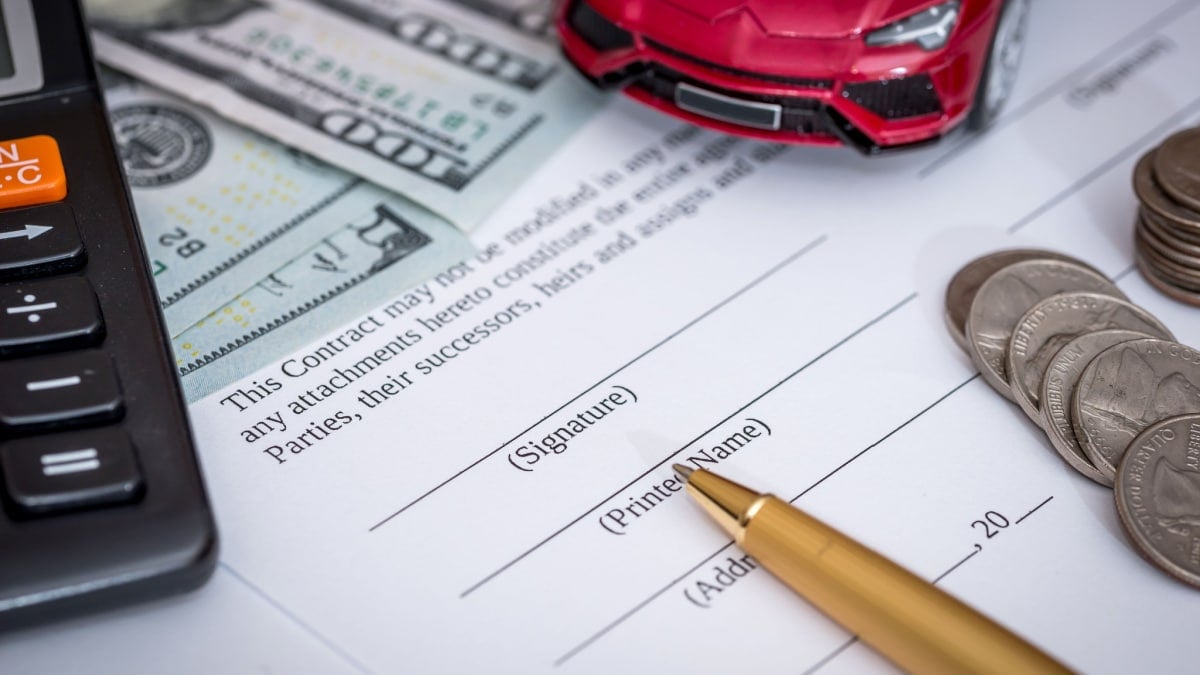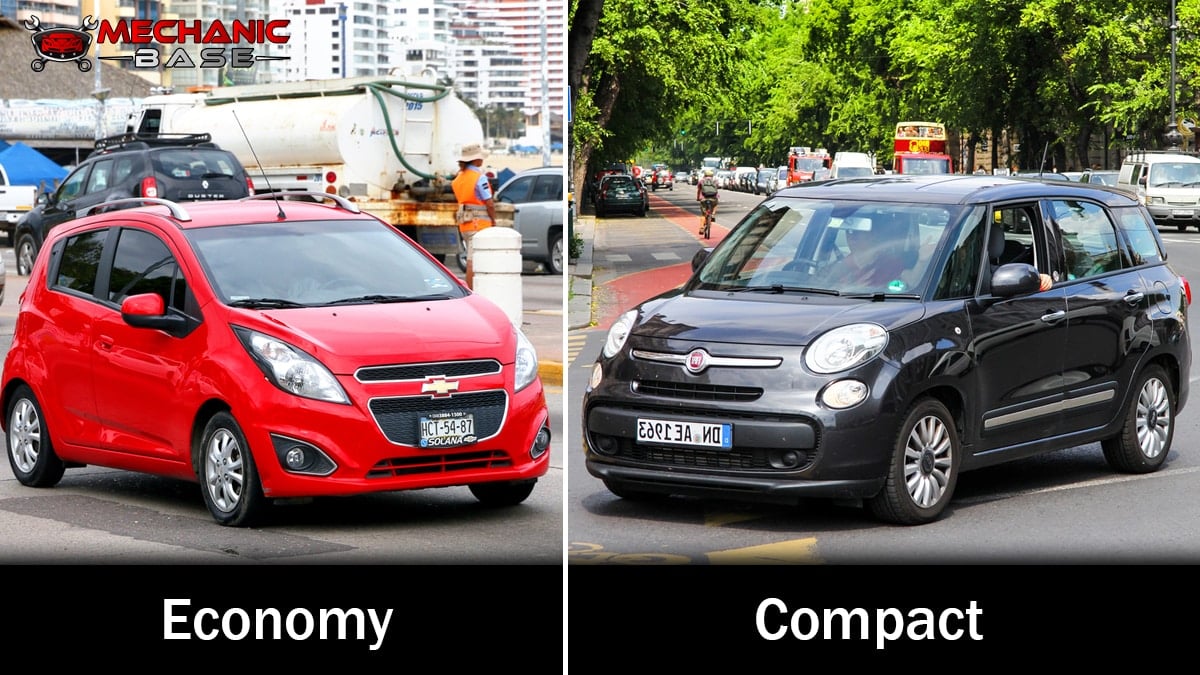In recent years, online vehicle history reports have become an increasingly popular way for buyers to research a potential purchase.
While there are dozens of companies offering these reports, not all of them are created equal. In this article, I’ll take a look at two of the most popular and best vehicle history reports available in 2023 and review the features each offers.
Whether you’re buying your first car or just want to make sure you’re getting a good deal on your current vehicle, a vehicle history report is an essential tool. So without further ado, let’s get started!
The Best Vehicle History Report
1. CarFax Vehicle History Report
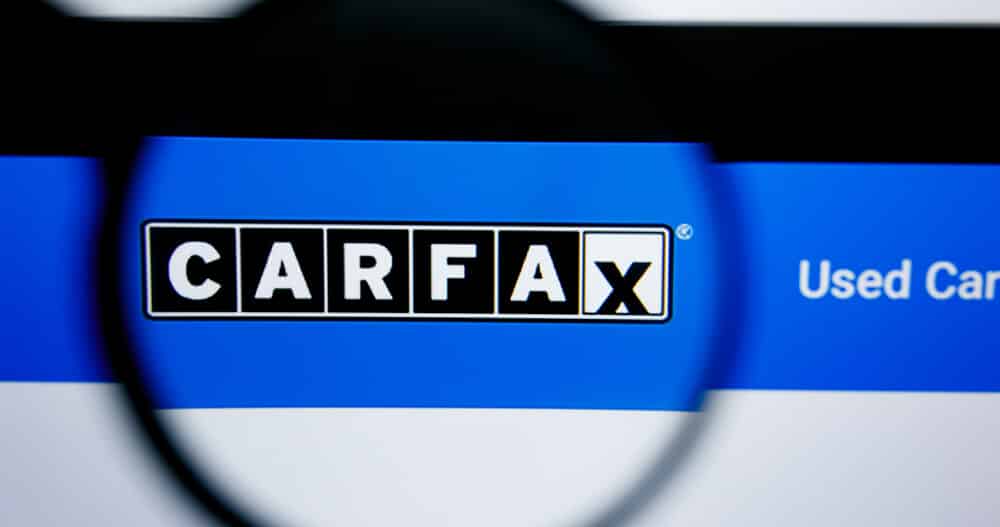
The CarFax is the best vehicle history report out of these two if you ask me, but you need to make your own decision based on the information I will give you. If you were to use a single word to describe a Carfax car history report, it would probably be “thorough,” or perhaps “comprehensive.”
Carfax pulls detail on cars from its gargantuan network of 100,000 data sources to create each report. These sources count among them motor vehicle agencies, auto shops, auction houses, law enforcement, insurance companies, car dealerships, and others.
Here’s what a Carfax report includes:
- Whether or not the vehicle has a salvage title
- History of accidents or other damage
- Service records
- Recalls
- Odometer problems
- Previous owners
- Previous usage of vehicle (personal, commercial, etc.)
- And more…
You can see that it is a very thorough reporting indeed, and the main advantage that Carfax reports have over Autocheck reports is that they usually include more detailed information, especially about a vehicle’s maintenance history. One other key advantage, however, is what they call the “Buyback Guarantee.” This is something that AutoCheck does not offer.
Under the Buyback Guarantee scheme, Carfax promises that if you purchase a vehicle with title problems that were reported to the DMV but did not appear in the Carfax report that you purchased, then Carfax will buy this car from you. There are some other terms and conditions, but this is a real testament to the attention to quality and accuracy in the reports that Carfax faces. They’re willing to stake their own money on the report you get being comprehensive and accurate.
Carfax VIN Lookup Pricing
If you use Carfax, you’ll pay the following fees for the reports themselves:
- $39.99 for a single report
- $59.99 for 3 reports
- $99.99 for 6 reports
Weaknesses of Carfax
No matter how good or how premium the report appears in content or price, there are definite limitations to Carfax reports.
First, Carfax may miss information. Regardless of how thorough they are, there is certain information that even Carfax can’t gain access to. If, for example, the seller of the car has had one or multiple small accidents but has managed to effect repairs themselves without reporting the incidents to the insurance company, then information on these accidents simply does not exist on record. Carfax can only work with information that is on the record.
This means that if you buy a used car in a major city, some official group – like an insurance provider or law enforcement – is much more likely to pick up on and record any kind of incident. The same can’t be said for small towns and rural areas. The fact remains that, unless the information you seek is a part of public record, there is no way for Carfax to get it.
Second, the cost difference is huge. As we have seen above, Carfax reports are much more expensive than those from AutoCheck. Perhaps most stark is how many reports $99.99 will buy you. It’s not just a few reports in difference, but hundreds!
2. AutoCheck Vehicle History Report
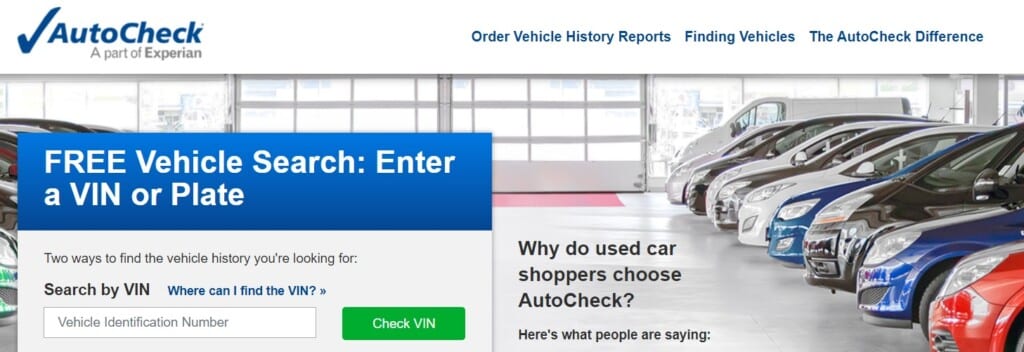
In many respects, AutoCheck is much like the Carfax report, but on the surface, it is much cheaper. It uses many of the same sources to get the information that goes into the reports, but there is one key area missing from AutoCheck, and that’s maintenance and service history.
An AutoCheck report will also tell you about serious accidents, salvage titles, and so on – the same kind of information that a Carfax report has. One additional unique feature that AutoCheck has, however, is the use of their unique scoring system. Using the data from the vehicle history report, AutoCheck gives each vehicle a score out of 100. Far from being just standalone numbers, the AutoCheck score is provided as an individual score for each vehicle along with a recommended range for each make and model.
For instance, if you’re looking to buy a Chevy Corvette, then you could get AutoCheck reports on a handful of Corvette models you were looking at. Perhaps all of them score in the high 80s, and you think that sounds great. The highest is 89 and the lowest is 85. That sounds pretty good, right? AutoCheck also gives you the recommended score range for a particular model. So, in the case of whatever kind of Corvette you’re looking at, they may recommend that you only favor cars with a score of 90 or more. Suddenly your set of 80-something scores have a whole new context to them.
The other key benefit of the AutoCheck report is pricing. I have shown already above just how many more AutoCheck reports you can get for the price compared to that of Carfax. This means you can quickly and affordably compare many vehicles all at once.
AutoCheck Pricing
AutoCheck is significantly cheaper than Carfax, especially when you get into multiple reports. If you’re a very picky buyer and it turns out that you have your eye on 300 different cars, then AutoCheck is the car history report supplier for you.
- $24.99 for a single report
- $49.99 for 25 reports
- $99.99 for 300 reports
Weaknesses of AutoCheck
First, there is nothing on maintenance. Despite the great price point, there is a significant omission from the AutoCheck report, and that is the vehicle’s maintenance and repair history. In reality, the AutoCheck report is more of a “broad strokes” kind of report that doesn’t give you anything like the same detail on mechanics that the Carfax report can give you.
The scoring system is very useful, but many buyers would benefit more greatly from the additional detail that you get in a Carfax report.
What is a Vehicle History Report?
To help alleviate the problem of mechanical uncertainty, buyers turn to car history reports to hopefully get the full picture of a car’s background, and not the perhaps more rose-tinted version that the seller has shared with them up until that point.
Car history reports come from a number of sources, but perhaps the best-known two are Carfax and AutoCheck. These are certainly the ones that the dealerships turn to when they want to provide prospective buyers with a comprehensive history of a car in which they are interested. These reports typically feature information like:
- Salvage title – whether or not the car has been in a serious accident, a fire, flood or something else that rendered it “totaled” by the insurance company.
- Accident history – major and minor incidents that were reported to the insurance company and the repairs done to them will be listed.
- Odometer tampering – whether the car’s odometer has been rolled back in some effort to justify a higher asking price. This is actually more common now that we have digital odometers.
- Number of previous owners
- Maintenance records – all servicing and routine maintenance that was completed. This is more likely to be comprehensive and complete.
- Recall information – whether or not this model has ever been involved in a recall.
Some of this information is obviously very valuable, but others, you don’t actually have to pay. For example, the National Highway Traffic Safety Administration (NHTSA) operates a website on which you can search VIN numbers and learn about whether that vehicle has been involved in a recall or not. This is a free service offered by the NHTSA.
The majority of the information, however, is accessible only by paying companies like Carfax and AutoCheck, and these two are still the “big boys” of the car history report marketplace.
The key takeaway from learning about Carfax and AutoCheck reports should be that neither of these reports will ever be enough. They are a crucial part of the buying process, but they can never substitute for an up-close inspection of the car and a test drive. Only by getting up close and personal with a car you are interested in can you really come to get the proper picture you need.
In addition, it’s worth pointing out that you may not have to pay for a Carfax or AutoCheck report at all. If you are buying a car from a dealership, then it behooves the dealership to offer you one of these reports for free. The same can’t be said if you’re buying from a private seller, but dealerships are usually quick to offer these reports as evidence of the vehicle’s quality. So, read the reports carefully, but don’t treat them as the gospel!
